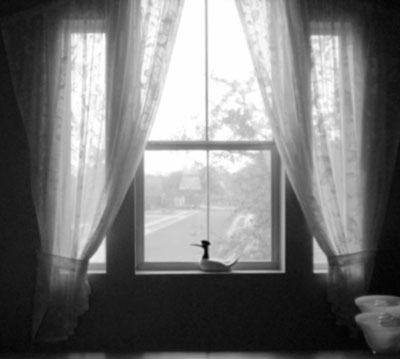All Nonfiction
- Bullying
- Books
- Academic
- Author Interviews
- Celebrity interviews
- College Articles
- College Essays
- Educator of the Year
- Heroes
- Interviews
- Memoir
- Personal Experience
- Sports
- Travel & Culture
All Opinions
- Bullying
- Current Events / Politics
- Discrimination
- Drugs / Alcohol / Smoking
- Entertainment / Celebrities
- Environment
- Love / Relationships
- Movies / Music / TV
- Pop Culture / Trends
- School / College
- Social Issues / Civics
- Spirituality / Religion
- Sports / Hobbies
All Hot Topics
- Bullying
- Community Service
- Environment
- Health
- Letters to the Editor
- Pride & Prejudice
- What Matters
- Back
Summer Guide
- Program Links
- Program Reviews
- Back
College Guide
- College Links
- College Reviews
- College Essays
- College Articles
- Back
What's Wrong With Facebook?
The excessive use of Facebook within society has led to many studies. These studies taken on students show that Facebook contributes to lower grades in college and high school students. Some studies have even suggested that excessive use of Facebook can lead to depression, eating disorders, and anxiety. In response to many of the outcomes of the studies, people have been fighting to ban Facebook, but is that right?
Facebook is addicting and distracting. You go on to update your status or profile and get pulled in by the updates continually posted by all your friends. Eventually many jump from page to page reading various pages or profiles while pulling you away from work.
While asking classmates most said the only good thing is that it's easier to communicate with friends and know what they are doing. The same people also spoke about how Facebook was distracting and stirred up drama more than anything. I was told by a classmate, “It’s a lot easier to tell someone something online than to their face.” This reason is most likely why these studies show the development of depression.
Many people check Facebook on there phones and other keep it open while surfing the web.. Even in our classroom we are consumed in Facebook; 88% have Facebook, whilst only 12% do not. Many of these classmates claim to spend countless hours on Facebook.
I had been one of these “Facebookers” and decided to conduct an experiment. Deleting my Facebook was easier than I thought and as a few weeks passed I didn't feel like I was missing anything. In fact, I felt that I was making better use of my time. Communicating with my friends was still as easy as it was online, and I got to see them in person more. After this experience I believe Facebook is limiting the amount of interaction in real life because of how easy it is to simply message anyone from your home.
Overall, Facebook doesn't always lead to depression. It is a good resource to get reacquainted with old friends or even meet new friends, but it doesn't need constant monitoring to know what your friends are doing.

Similar Articles
JOIN THE DISCUSSION
This article has 0 comments.
